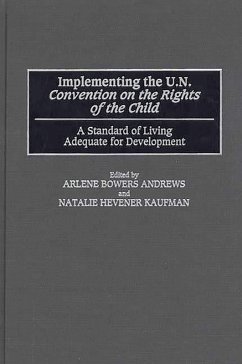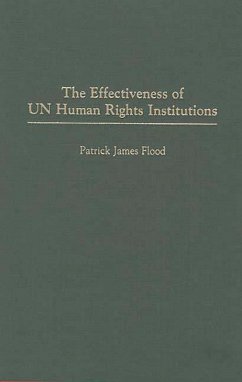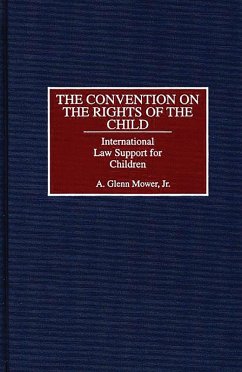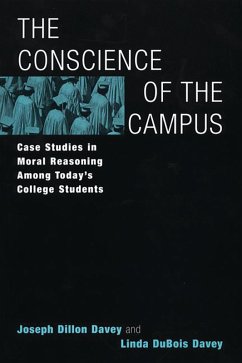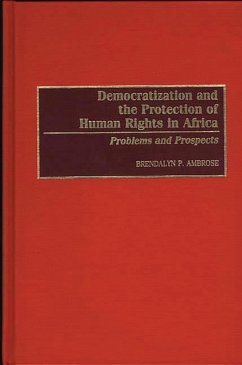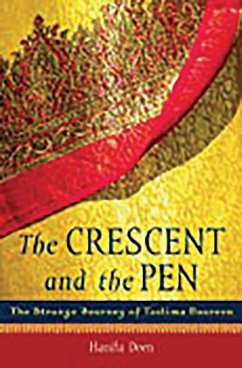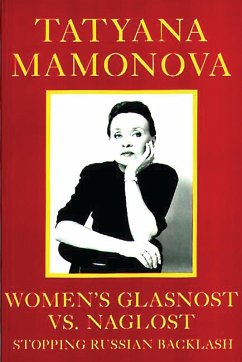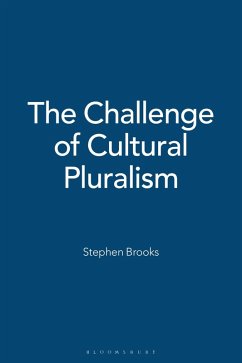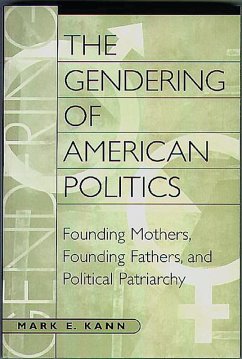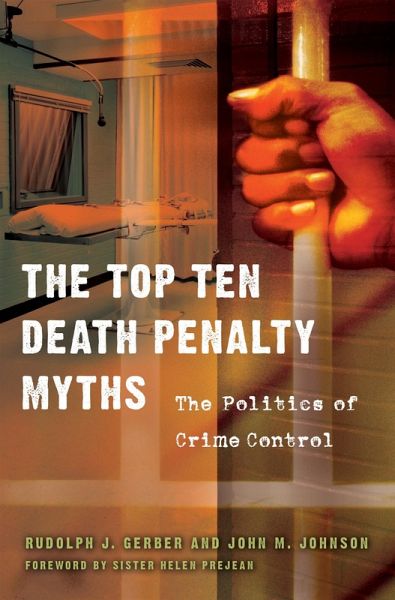
The Top Ten Death Penalty Myths (eBook, PDF)
The Politics of Crime Control
Versandkostenfrei!
Sofort per Download lieferbar
40,95 €
inkl. MwSt.
Weitere Ausgaben:

PAYBACK Punkte
20 °P sammeln!
The death penalty remains one of the most controversial issues in the United States. Its proponents claim many things in their defense of its continued application. For example, they claim that it deters crime, that death by lethal injection is painless and humane, that it is racially neutral, and that it provides closure to families of the victims. In this comprehensive review of the major death penalty issues, the authors systematically dismantle each one of these myths about capital punishment in a hard-hitting critique of how our social, political, and community leaders have used fear and ...
The death penalty remains one of the most controversial issues in the United States. Its proponents claim many things in their defense of its continued application. For example, they claim that it deters crime, that death by lethal injection is painless and humane, that it is racially neutral, and that it provides closure to families of the victims. In this comprehensive review of the major death penalty issues, the authors systematically dismantle each one of these myths about capital punishment in a hard-hitting critique of how our social, political, and community leaders have used fear and myth (symbolic politics) to misrepresent the death penalty as a public policy issue. They successfully demonstrate how our political and community leaders have used myth and emotional appeals to misrepresent the facts about capital executions. Successive chapters address the following topics: the notion of community bonding, the expectation of effective crime fighting, the desire for equal justice, deterrence, the hope for fidelity to the Constitution, the claim of error-free justice, closure, retribution, cost-effectiveness, and the messianic desires of some politicians. In each of these areas the authors quote from death penalty advocates making these claims and then proceed to analyze and ultimately dismember the claimed advantages of the death penalty.




